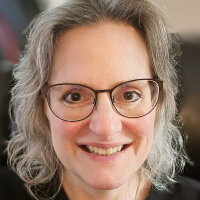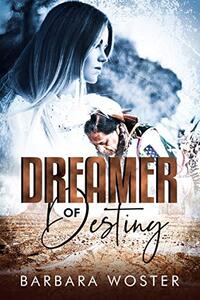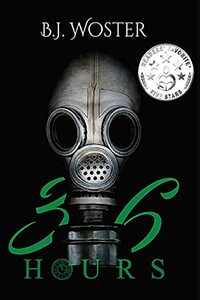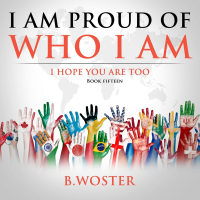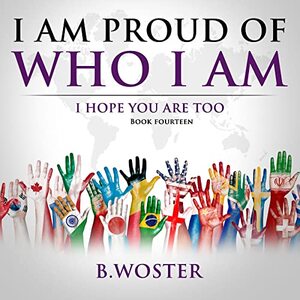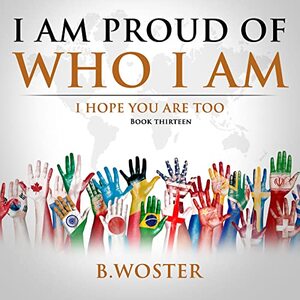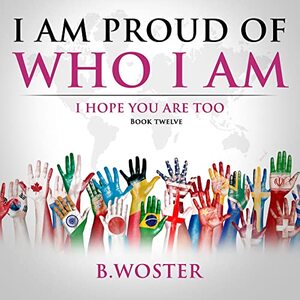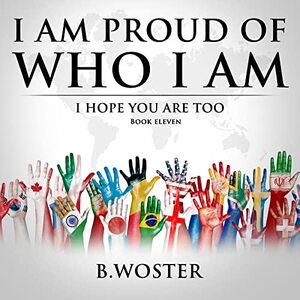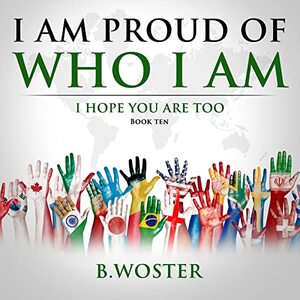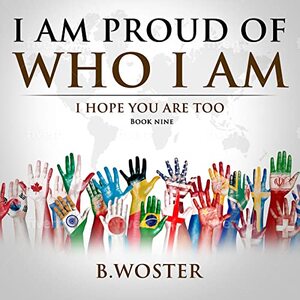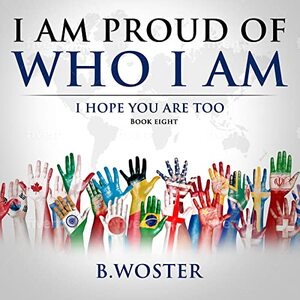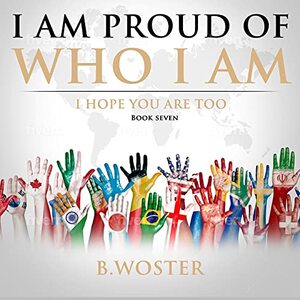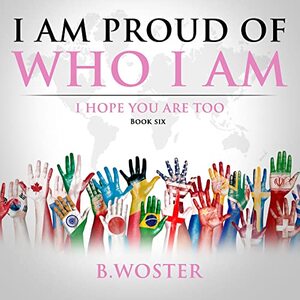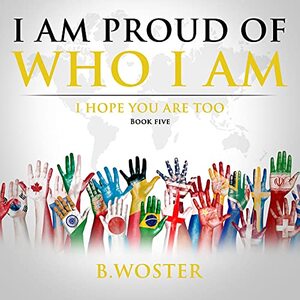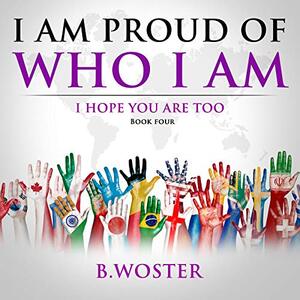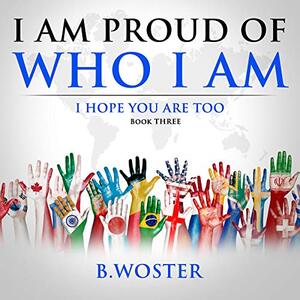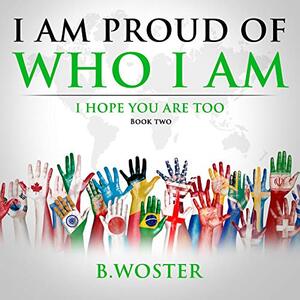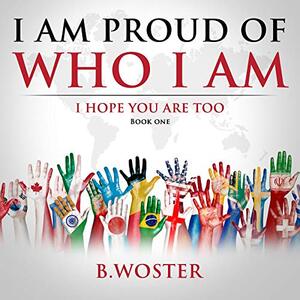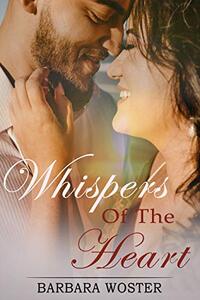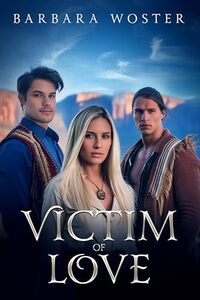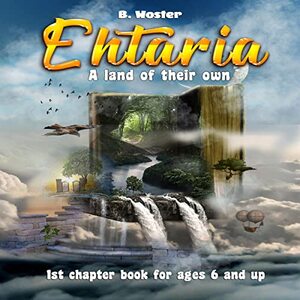Barbara Woster Interview Published on: 02, Apr 2024
 Can you tell us more about the incident when your knee was shattered at the age of 14?
Can you tell us more about the incident when your knee was shattered at the age of 14?
I was standing at the bus stop one morning, wearing high heels, when a dear friend decided to pick me up and spin me about until I was exceptionally dizzy. When he set me down, my heel landed on a rock. This caused my knee to snap. The result was that my kneecap was dislodged and chipped on my thigh bone. The chip shot into my knee joint. I was unable to put any weight on it at all. It swole to the size of a cantaloupe. Surgery was required and I was then laid up for more than three months until it healed. I had to learn to walk all over again.
What were your initial thoughts and feelings when you realized your dreams of competitive running were shattered?It took a while for it to sink in. My mind, for a long time after, was on my knee. Getting past the day-to-day pain and then the months of physical therapy. It was nearly six months after when the doctor made it clear that I could strengthen my knee but that it wasn't likely I'd be running again anytime soon. To this day, I've never been able to outright run.
What was it about Clive Cussler's novel "Iceberg" that captivated you and inspired you to become a writer?Clive Cussler's style of writing, with his intense imagery and descriptive narrative was something I'd never read prior. His characters are well developed and engaging, and his plots intense. It made the books I'd read prior seem shallow and hollow. Today, I've discovered other authors with equally talented writing ability, so I'm forever grateful to my father for introducing me to a variety of books that I'd not discovered to that point.
How did your father's reaction to finding you reading Harlequin Romance novels impact your reading choices and ultimately your career path?My mom didn't know any better, I don't think. She just found some inexpensive books to keep me company since I was bedridden for so long. Quite frankly, I couldn't abide them, but I had nothing else to do. My dad's reaction was priceless and I'll never forget it. He said not a word when he saw the books. He just left the room and came back with Iceberg and then said, "You need to broaden your reading horizons". Because of him, I did. And because of him and Cussler's writing, I discovered a passion within myself.
How did the character of Dirk Pitt influence your perception of heroes and storytelling?Books need a protagonist that the reader can believe in and an antagonist that makes us root for that protagonist. To me, Dirk Pitt and his supporting characters, embody everything that protagonists should be.
Did you have any mentors or role models in the writing world who helped shape your journey? If so, how did they influence you?The only role models were other authors. I read and absorbed works from all genres. Discarded those that didn't quite reach me, didn't move me, and moved on to others that did. From these, I found those genres that I enjoyed but also those that I felt I could write in. Write what you know became easier as my life moved forward and I gained experience: good and bad. Those experiences shaped my writing.
What themes or motifs do you find yourself repeatedly exploring in your writing, and why?I put so much of myself, my personality, into my characters, so there may be an occasional recurrence of certain phrases/humor repeated within my books. It gets tricky because I try to ensure that my characters are individual/unique. I don't think I have any motifs representative in my works - at least nothing that comes to mind currently.
How do you approach character development in your stories, and do you draw from personal experiences or people you know?I don't 'pre-develop' my characters anymore than I do a story outline prior to writing. I'm one of those people who has an idea, or a dream, and I just start typing. I type until the idea fades (fortunately, I type 120 wpm). I then go back, step into the idea and start fleshing out the scenes - as if I'm watching a movie. I write the dialogue the same way - I step inside and become the characters. I then begin conversing as each character to ensure that the conversations sound authentic.
What is your writing process like, from conceptualization to publication?As stated in the prior question - I don't really have a process. An idea will come to me - either from something I see or from a dream - and I'll just start writing down as much of it as I can while it's fresh in my mind. Then I go back and revisit it and start fleshing things out/filling in details. It takes a long time to write like this because of two things: first, since I don't really plot out the details ahead of time through an outline, I don't know what the idea will be when I begin typing it out for the first time, nor when I start filling in the details. Often, I'll be filling in details and it will head off on a different path; second, because I do not like predictability in stories, I will often take a lot of time to ensure my books don't follow a predictable path. If it seems as if the book is heading into predicatible territory, I'll stop writing for a while until I can think of how I can veer it onto another path. If I hit too hard a wall, I'll bounce ideas off of my four daughters, who reliably help me get over those walls.
Can you describe a particularly memorable moment in your writing career that affirmed your decision to become an author?That time is seared into my brain permanently. If it weren't for my two oldest daughters, I never would have become an author. I'd written my first novel, Dreamer of Destiny, a few years prior and put it in a folder in my desk, along with a ton of story ideas. Life, raising daughters on my own, had become hectic and writing was put on the back burner. My daughters, after all, are my highest priority. My daughters found the folder of ideas and literally started hounding me to do something about my writing. Since Dreamer of Destiny was complete, I submitted it to a publisher. It was accepted and my life as an author began.
How do you balance incorporating real-life experiences and tragedies into your fiction while respecting the privacy and sensitivities of those involved?I tend to write many of my works from life experience, and - as stated - I insert a good deal of my personality into my characters; however, there is one novel that I wrote that also has people from my life included as characters. This was a rare thing for me to do, but it was a work that I felt needed writing. The only way to respect those individuals is to simply change their names within the text. Also, even though much of the work is based on fact, there is a great deal of fiction blended in there also. Also, to respect the privacy of those people, I simply don't mention the title of that book, and likely never will.
In what ways do you see yourself evolving as a writer in the future?I like to challenge myself, which is why I don't write in a single genre. My next evolution is to explore a new genre, which goes to your next question...
What's next for you? Are there upcoming projects or themes you're excited to explore in your future works?I'm working on a Dystopian novel - this first time working within this genre. This is an idea given to me by several people and I hope to do it justice.
What do you think of AllAuthor? Has this website been helpful to you?AllAuthor has been one of the best sites I've had the honor of becoming a part of. I'm glad I found you and look forward to a continued beneficial relationship.
Share Barbara Woster's interview
Barbara Woster, a compelling storyteller, had her life take an unexpected turn at the age of 14 when a friend inadvertently broke her knee. Previously a competitive runner, this incident shattered not only her knee but also her dreams. Through her works, Barbara delves into the complexities of the human experience, weaving tales that resonate with authenticity and emotion.
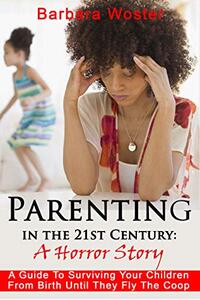 Parenting in the 21st Century: A Horror Story: A guide for surviving your children from birth until they fly the coop
Genre: Advice & How To, Parenting
Parenting in the 21st Century: A Horror Story: A guide for surviving your children from birth until they fly the coop
Genre: Advice & How To, Parenting
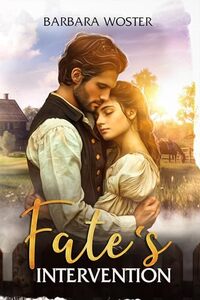 Fate's Intervention
Genre: Thriller, Action & Adventure, Historical Romance, Romantic Suspense, Western Romance
Fate's Intervention
Genre: Thriller, Action & Adventure, Historical Romance, Romantic Suspense, Western Romance
